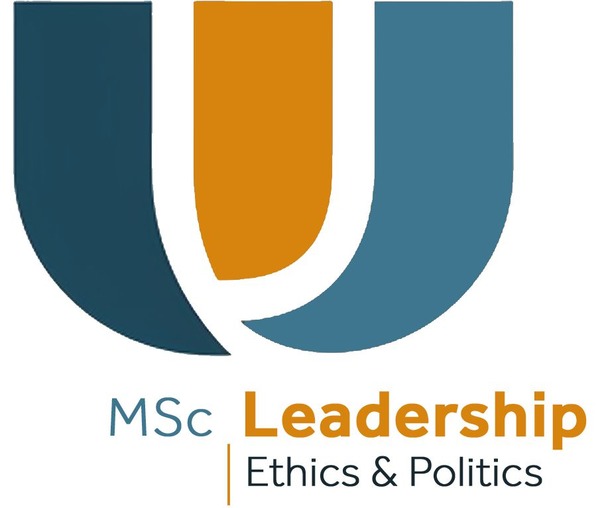Course : Digital Diplomacy and Geopolitics of AI
Course code : PHILOSOPHY1055
LEPC7 - Ευάγγελος Πρωτοπαπαδάκης
Η πλατφόρμα σάς ανακατεύθυνε αυτόματα στην αρχική σελίδα για να συνδεθείτε προτού προχωρήσετε σε άλλες ενέργειες. Πιθανόν, να έληξε η σύνοδός σας.
Course Description

-
Course Syllabus
I. Leadership and soft power in the 20th century
II. Leadership and soft power in the 21st century
III. Digital Renaissance or Technological Middle Ages?
IV. Leadership and cyberspace: decentralization and hyper-concentration
V. Politics and cyberspace: manipulation and/or liberation
VI. Digital diplomacy: challenges and prospects
VII. Foreign policy and social media
VIII. Geopolitics of technology 1. – from black gold to the intangible gold of data
IX. Geopolitics of technology 2. – cold war 2.0
X. Geopolitics of artificial intelligence – towards the clash of empires?
XI. Information services at the crossroads of two eras
XII. Strategizing and governing in Orwell's universe
XIII. Escaping the cave – Plato in Silicon ValleyCourse Objectives/Goals
Instructional Methods
This course employs a dynamic blend of instructional methods to ensure a comprehensive learning experience. With a focus on engagement and flexibility, the instructional approach comprises 75% face-to-face teaching, fostering direct interaction between instructors and students in a traditional classroom setting. Additionally, 25% of the course involves distant teaching, which can be delivered either synchronously or asynchronously. This remote component allows students to access course materials, participate in discussions, and engage with learning activities at their own pace, leveraging online platforms and resources. By combining face-to-face interaction with remote learning opportunities, the course aims to cater to diverse learning styles and preferences, facilitating deeper understanding and collaboration among students while accommodating individual schedules and needs.
Assessment Methods
- 20%: Participation
- 20%: Oral presentation
- 60%: Written assignment
Prerequisites/Prior Knowledge
This module has no prerequisites in the curriculum or prior knowledge requirements.
Instructors
Instructors for the course will be announced shortly.
Bibliography
- De Nardis, Laura, The Global War for Internet Governance (Yale University Press, 2014).
- Kalathil, Shanthi, Diplomacy, Development and Security in the Information Age (Georgetown University Press, 2013).
- Kurbalija, Jovan, An Introduction to Internet Governance (Geneva, DiploFoundation, 2016).
- Zegart, Amy B., Spies, Lies and Algorithms: The History and Future of American Intelligence (Princeton University Press, 2022).
- Henry A. Kissinger, Eric Schmidt, Daniel Huttenlocher, The Age of AI and Our Human Future (Back Bay Books, 2022).
- Shoshana Zuboff, The Age of Surveillance Capitalism: The Fight for a Human Future at the New Frontier of Power (Public Affairs, 2020).
- Nicolas Miailhe, «The geopolitics of artificial intelligence: The return of empires?», Politique étrangère 2018/3 (Autumn Issue), p. 105-117.
- Lawrence Nardon, «Technology Strategies in China and the United States, and the Challenges for European Companies», Études de l’Ifri, Ifri, October 2020.
Agenda
Announcements
ALL ANNOUNCEMENTS...- - There are no announcements -